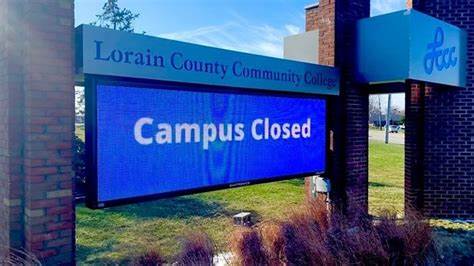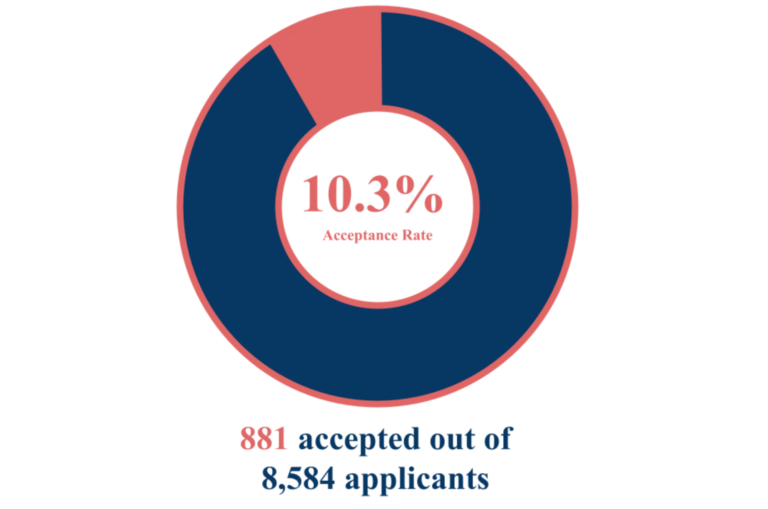
I will confess, I have not gone through the stats, but I’m fairly confident when I say that most of the young people I work with have their eyes set on studying either a STEM or an applied subject at university. This choice is often influenced by their ideas about their future career path, however, there are always some students who want to do a degree or major in a particular subject area because it is something that they love.
The truth is, that with a few exceptions, your choice of undergraduate study does not limit the type of job you can apply for. It seems counter-intuitive, but it is true. A few years ago I was talking to the Head of Employer Relations at a Russell Group university in the UK who told me that Geography undergraduates commanded the highest starting salaries, mostly from companies in the banking sector. Even for those aiming for a US medical school, you don’t have to do a biology focused major in your undergraduate studies.
So when I have a parent share their concerns about their son or daughters future if they do a degree in English, I start by telling them that somebody who is studying what they love will do better than another who is doing what they think will result in a ‘good’ job. I might go on to talk about how much poorer a world would be if Ivy Central did not have fiction, television drama, paintings. I would undoubtedly say that I would want my doctor to be able to write well, or the company that sells me a piece of technology can also tell me how to use it.
If you, your daughter or son is thinking of studying English at college or university, this article is for you.
What do you study if you choose an English degree?
Studying English for your degree is so much more than reading books and writing stories, although you will probably do some of that, but along the way, you will develop skills in critical thinking, communication and working under pressure to meet tough deadlines.
Each English department will have their own course requirements, but all of them will guide students to explore the breadth of the subject prior to undertaking more detailed work in a specific area of interest. All courses will expect students to analyse and discuss novels, poetry and short stories from across history, many will offer a creative writing element in their course. Teaching will normally be delivered through a mix of lectures, sometimes in quite large groups, backed up by smaller discussion sessions, which allow students to share views and insights on the texts they are studying.
English students spend the majority of their time reading, researching, writing, rewriting, and editing. Creativity and writing skills will help with the writing assignments, while good time management skills are required to stay on top of the reading. Most assignments will be worked on individually with the occasional group project.
What careers can you go into?
Of course, the most obvious jobs that a student can move into after their undergraduate studies are ones that involve writing, journalism, copywriters, editors or increasingly web content managers. These are all realistic opportunities, but as was mentioned earlier, an English degree can be an advantage in many careers, for example:
-
Corporate Communications
-
Advertising
-
Academic Librarian
-
Public Relations
-
Marketing
-
Education Consultant
-
Social Media
-
Technical Writing
-
Traditional Media
An English degree is often the first step towards a professional career that requires a post graduate qualification. Traditionally English has always been seen as an ideal degree for those wanting to go into a career in law, but it can also be a great stepping stone towards a career in business, social work and even medicine. In the US, English is the most common major for medical school students, after the traditional science subjects.
Read More: Need of English Test
Who should study English?
You will hopefully have understood by now that if you want to study a subject that will propel you onto a set career path, English is not for you, but if you love words, language, books and countless hours of reading, as well as an interest in the human condition, then English could well be for you.
What colleges are good for English?
It should come as no surprise that a list of the top colleges in the world is dominated by English speaking countries. According to the QS World Rankings, the top English programmes are to be found at
-
University of Oxford
-
University of Cambridge
-
Harvard University
-
University of California, Berkeley
-
Stanford University
-
Yale University
-
Princeton University
-
University of California Los Angeles
-
University of Edinburgh
-
University of Toronto
Alternatives to English
If you like English but don’t want to do it for a degree, you might want to consider degrees or majors in:
-
Other humanities such as History
-
Media or Film Studies
-
Modern foreign languages, they often include studying literature in the language
Last words
So, studying English at university or college need not be the dead end that some might think it to be. As is the case with many areas of study, it is not so much the knowledge that you gain from studying a subject that is valuable to employers, it is the ability to apply that knowledge in different areas and the softer skills of communication, critical thinking and working to deadlines, that they look for, and UK English test is no exception. It is true that careers that purely rely on reading and writing can be limited but they do exist, and while technology has reduced the numbers of people in careers such as journalism, that same technology has created new careers such as web content or social media managers.






